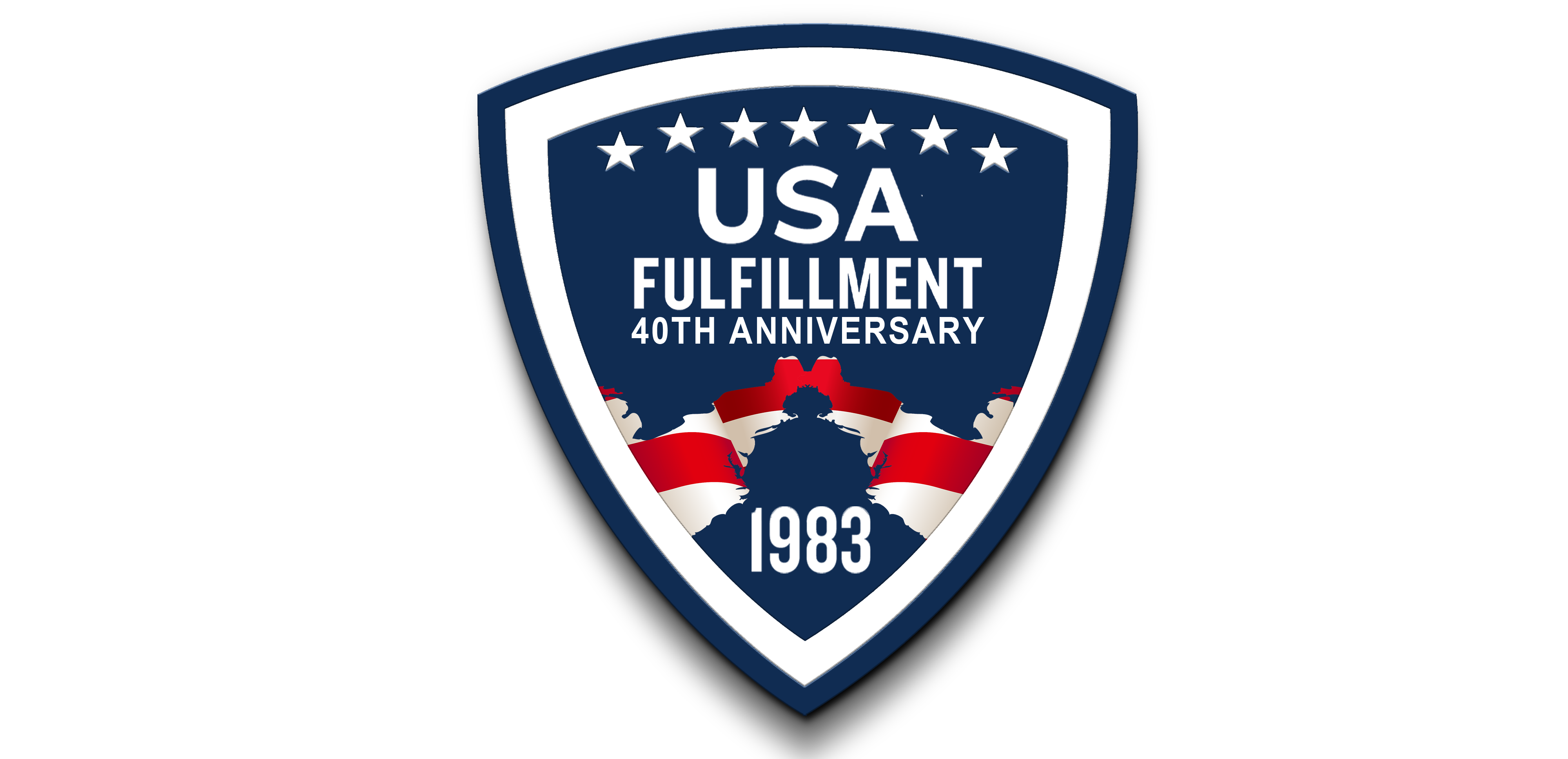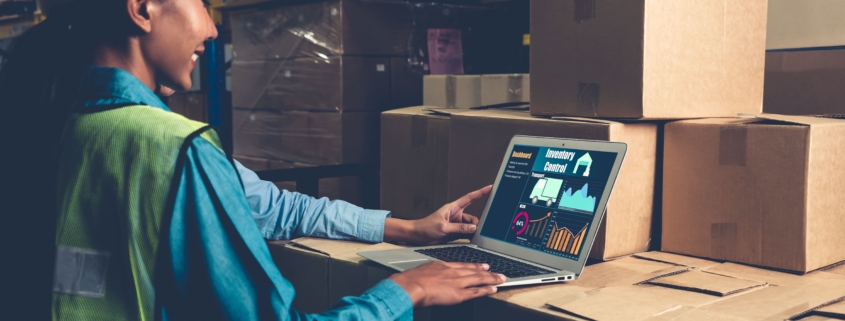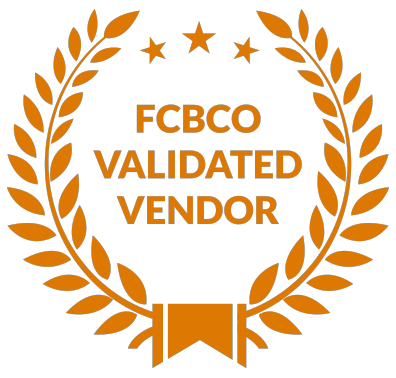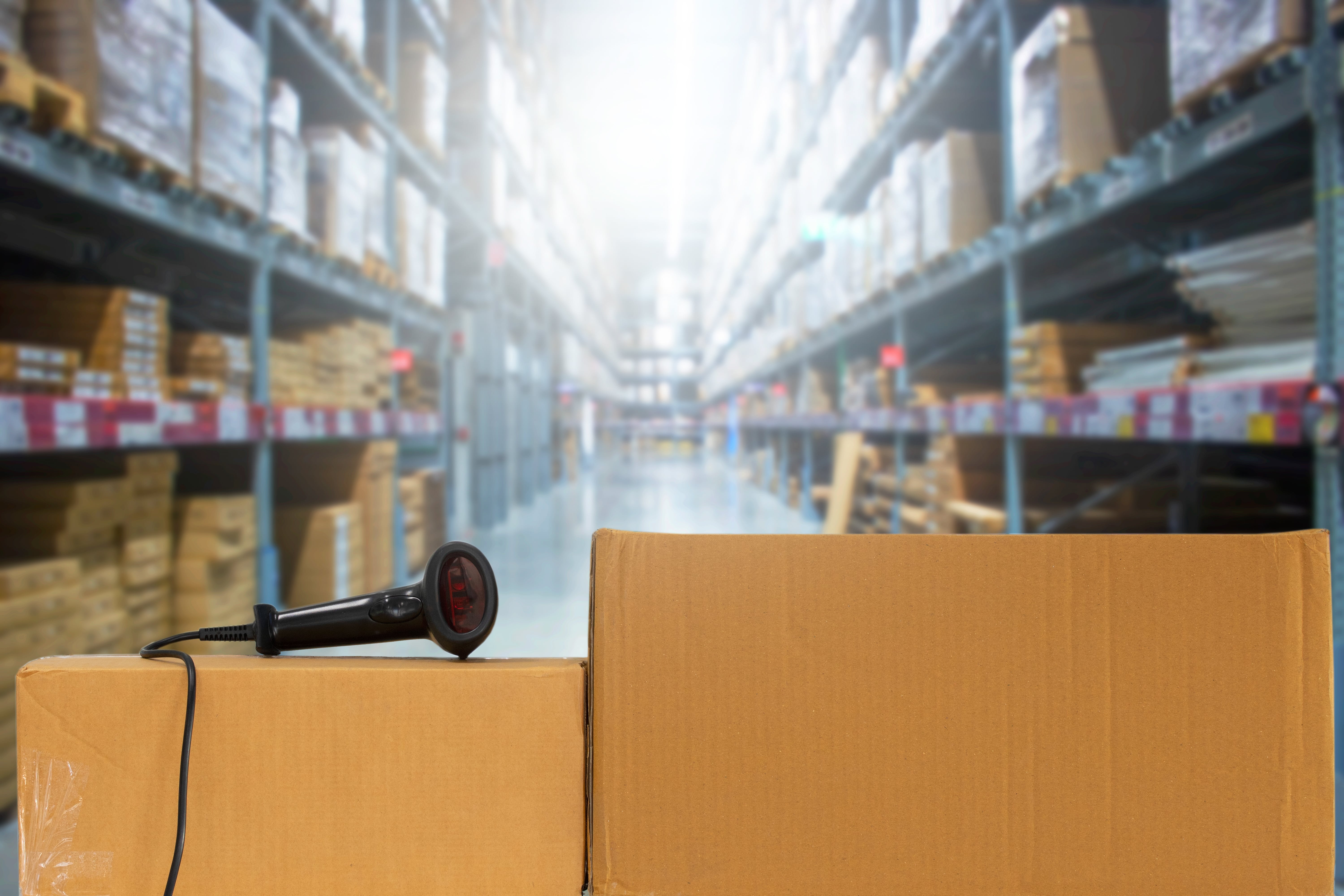Ready or Not? Preparing Your Warehouse and Distribution for the Next Wave of Disruption
Ready or Not? Preparing Your Warehouse and Distribution for the Next Wave of Disruption
…
Warehouse and Distribution
The world of warehousing and distribution is in constant flux. With the end of the year upon us and holiday demand looming, are you prepared for any unexpected disruptions? As consumer expectations rise and supply chain disruptions become increasingly common, businesses must be proactive in making their warehouses resilient and adaptable. Whether you’re preparing for an influx of holiday orders or gearing up for a new year, it’s essential to ensure your warehouse and distribution strategies are solid and disruption-proof.
How can you make sure your warehousing and distribution is ready for the next wave of challenges? This post will explore the most common disruptors in this industry and top strategies for overcoming them, including how partnering with a reliable third-party logistics (3PL) provider can give your operation the agility and precision it needs to navigate these complexities smoothly.
Common Disruptors in Warehousing and Distribution
Warehousing and distribution are often vulnerable to sudden, impactful disruptions. Let’s consider the main disruptors challenging warehouse operations today and how to manage them effectively.
1. Supply Chain Shortages
Supply chain shortages are a significant disruptor, and they often arise due to factors outside your control, such as raw material shortages, transportation delays, and even geopolitical issues. Managing inventory becomes challenging when your supply flow is unpredictable. Without an adaptable approach, you could experience inventory shortages, order delays, and unsatisfied customers.
How to Prepare: To minimize disruptions from supply chain shortages, work with a 3PL partner that has a diverse network of suppliers and transportation channels. A well-connected 3PL can provide alternative solutions and make quick adjustments to keep orders moving, even in challenging conditions.
2. Labor Shortages
Labor shortages have affected nearly every industry, and warehousing is no exception. Seasonal demand, such as during the holiday rush, can strain staffing levels. Without enough people to pick, pack, and ship products, fulfillment times can slow, leading to frustrated customers and delayed deliveries.
How to Prepare: Investing in automation solutions, such as robotic pickers and automated sorting systems, can relieve some of the pressures caused by labor shortages. Additionally, using a 3PL partner that can source skilled seasonal staff allows your business to remain adaptable and handle spikes in demand seamlessly. Many 3PLs collaborate with staffing agencies to provide highly trained workers who are ready to tackle warehouse challenges when needed.
3. Weather-Related Disruptions
With winter weather affecting transportation and logistics, being unprepared can mean halted deliveries and missed deadlines. A severe snowstorm, hurricane, or flood could impact transportation channels and cause delays that ripple through your operations.
How to Prepare: A flexible logistics plan is essential. Working with a 3PL provider that has established relationships with alternative carriers and routes is a game-changer. An experienced 3PL can quickly pivot to different shipping routes or carriers as needed, ensuring your products reach customers, regardless of weather disruptions.
4. Changing Consumer Demands
With e-commerce continuing to grow and consumers demanding faster, more personalized deliveries, warehouses need to operate at a new level of speed and accuracy. Staying flexible and meeting customer expectations is key.
How to Prepare: To meet evolving consumer needs, implement real-time tracking systems, predictive analytics, and order management systems. Partnering with a 3PL provider allows your business to access advanced technology without the overhead costs, giving you insights into order statuses, tracking updates, and demand forecasting to stay one step ahead.
Assess Current Fulfillment Efforts. Take Quiz Now!
Strategies for a Disruption-Ready Warehouse
So, how can you ensure your warehousing and distribution operations are ready to weather these common disruptors? Here are a few actionable strategies.
1. Leverage a 3PL Partner for Agility and Resilience
A third-party logistics partner is more than just an extra set of hands for your operation; it’s a strategic resource that provides the infrastructure, technology, and expertise to handle fluctuations and disruptions smoothly. Many 3PLs offer customizable solutions to fit your exact needs, from additional warehousing space to transportation management and supply chain visibility.
Questions to consider: How easily could you adapt to a sudden demand spike? Would your existing warehousing capabilities suffice, or would you need additional resources? Partnering with a 3PL means you can adjust your resources without committing to permanent expansions, allowing for cost-effective scalability.
2. Invest in Automation for Operational Efficiency
With labor shortages and high demand, automation is essential in today’s warehousing and distribution landscape. Robotic pickers, conveyors, automated guided vehicles (AGVs), and warehouse management systems (WMS) all contribute to more efficient and faster operations, reducing dependence on manual labor. Automation doesn’t mean replacing workers entirely; it complements the workforce, enabling them to work smarter, not harder.
Questions to consider: Are there repetitive tasks in your warehouse that could benefit from automation? Could automation help free up staff to focus on higher-priority tasks?
3. Build Flexibility with a Multi-Carrier Strategy
Single-carrier strategies can make warehouses vulnerable to delays and unexpected issues, such as those caused by weather or driver shortages. By establishing relationships with multiple carriers, you add a layer of flexibility, allowing you to pivot if a disruption occurs. Many 3PLs specialize in building multi-carrier networks, giving you access to various shipping options with one partnership.
Questions to consider: How prepared is your business to handle carrier disruptions? Could a multi-carrier approach improve delivery times or reduce risk?
4. Prioritize Real-Time Data and Analytics
In a fast-paced logistics environment, real-time data is invaluable. With accurate data and predictive analytics, you can identify bottlenecks, forecast demand, and proactively address potential delays. Many advanced 3PL providers offer integrated data solutions, allowing for seamless visibility across your entire supply chain.
Questions to consider: Do you have access to real-time data in your current warehousing operations? Would insights into demand and inventory help you prepare for seasonal changes and disruptions?
5. Enhance Seasonal Staffing Plans
While automation can handle repetitive tasks, there’s still a need for a skilled seasonal workforce, especially during peak periods. Developing a robust seasonal staffing plan that includes working with a staffing agency or a 3PL partner can help ensure a smooth holiday season without the added overhead of permanent hires.
Questions to consider: Could a larger seasonal workforce help you maintain high service levels during demand spikes? Do you have resources for training and onboarding, or could a staffing partner fill this need?
6. Develop a Business Continuity Plan
Finally, having a business continuity plan is essential for navigating disruptions. This plan should cover various scenarios, from inventory shortages to transportation delays, and outline clear steps for handling each. Working with a 3PL provider can simplify this process, as many already have robust business continuity plans and can provide insights on best practices for risk management.
Questions to consider: Do you have a business continuity plan in place for your warehouse? Could a third-party logistics provider enhance your preparedness?
Adapting to the Logistics Landscape of Tomorrow
As the warehousing and distribution landscape becomes increasingly complex, the ability to adapt quickly to change is no longer optional. Warehouses that stay ahead of potential disruptions by investing in flexible solutions, real-time data, and strategic partnerships will be best positioned to meet customer demands—even during unpredictable times.
With the right 3PL partner, you can avoid logistical headaches and guarantee a smooth, seamless customer experience from beginning to end. Think about the advantages of a well-organized, adaptable, and resilient warehousing system as the year draws to a close. Your customers expect reliability, and with these strategies in place, you can deliver just that—even when the unexpected happens.
Interested in learning more? Give us a call, we’d love to chat!




